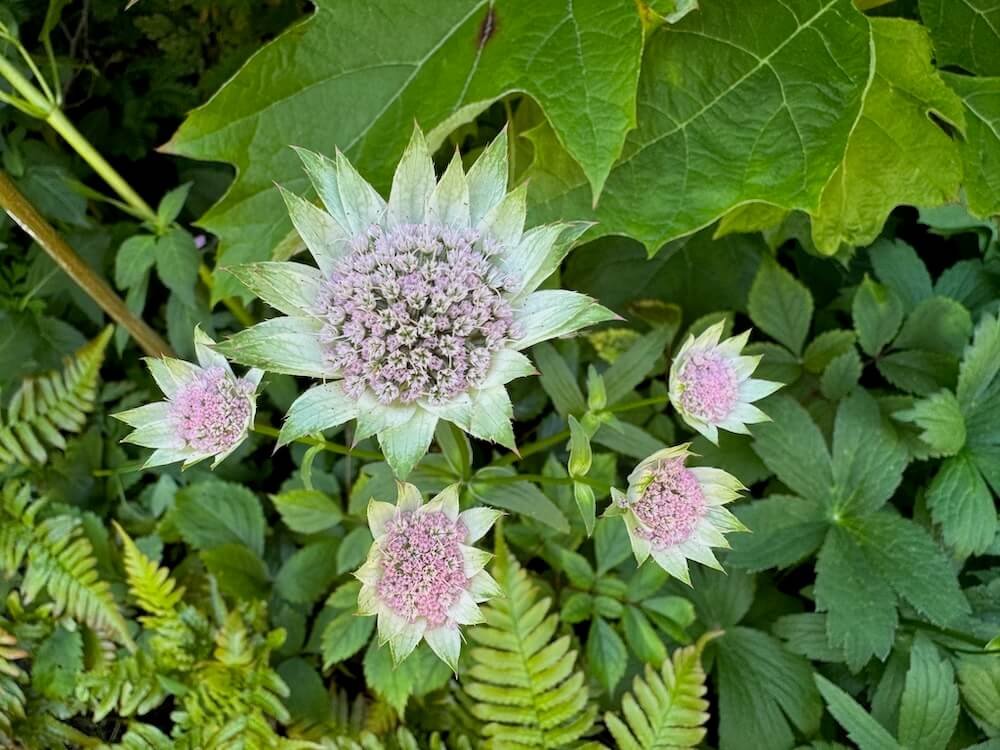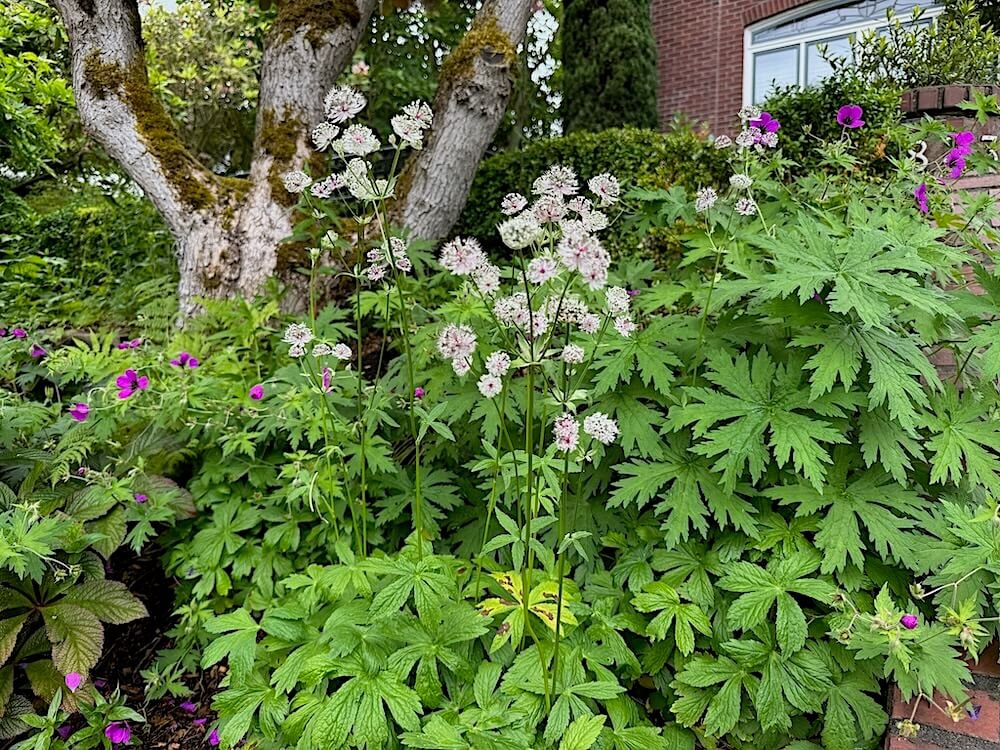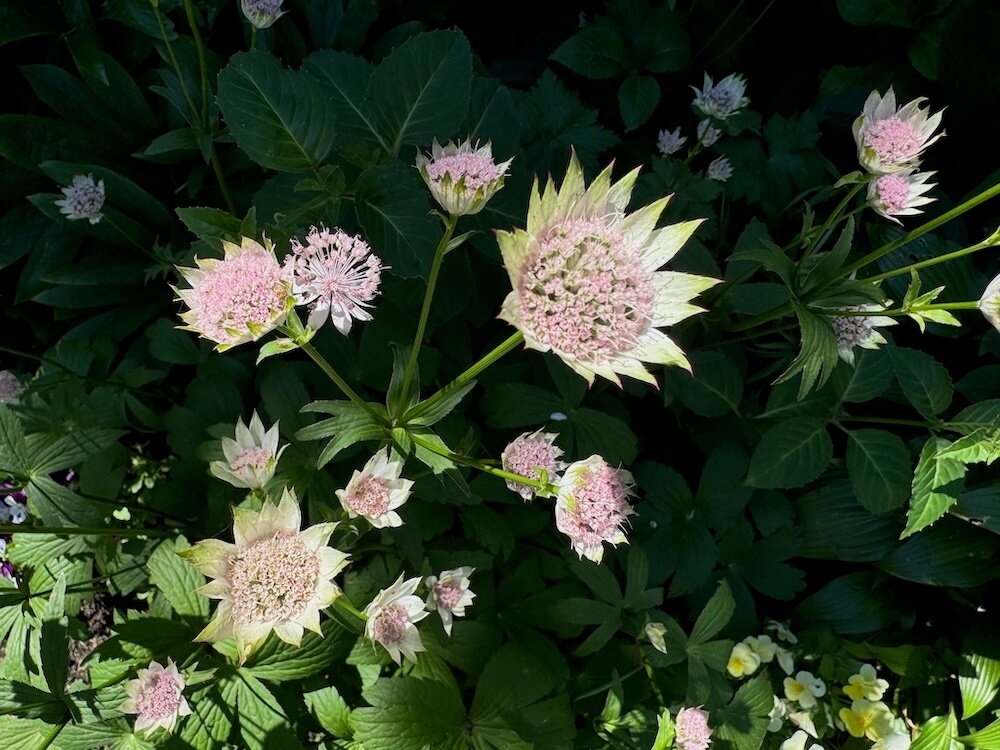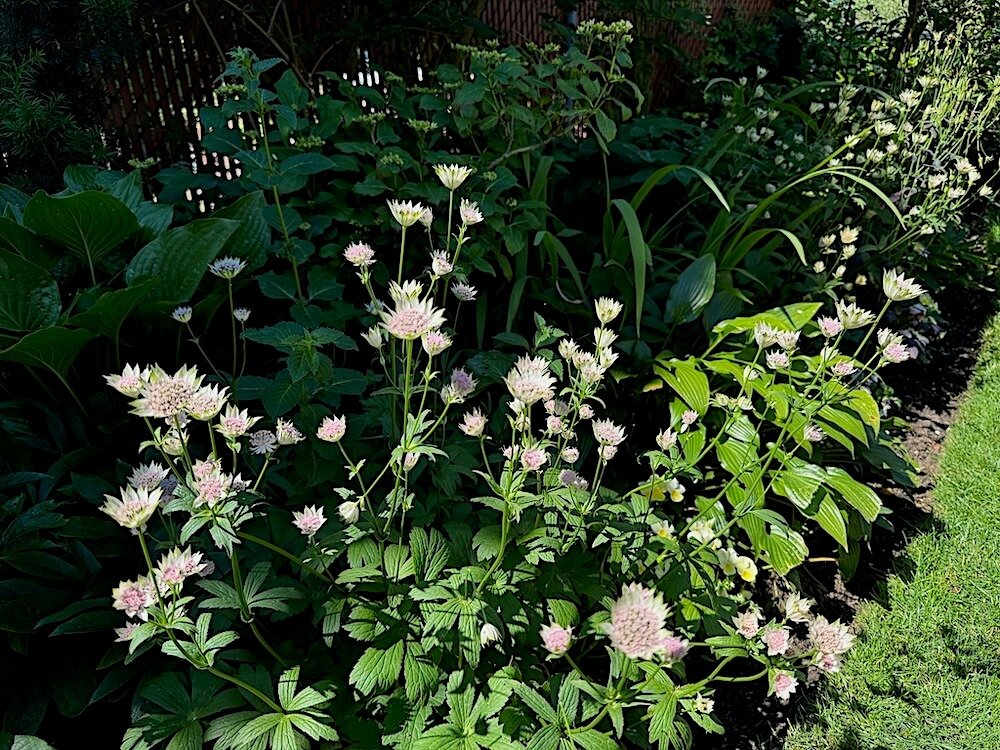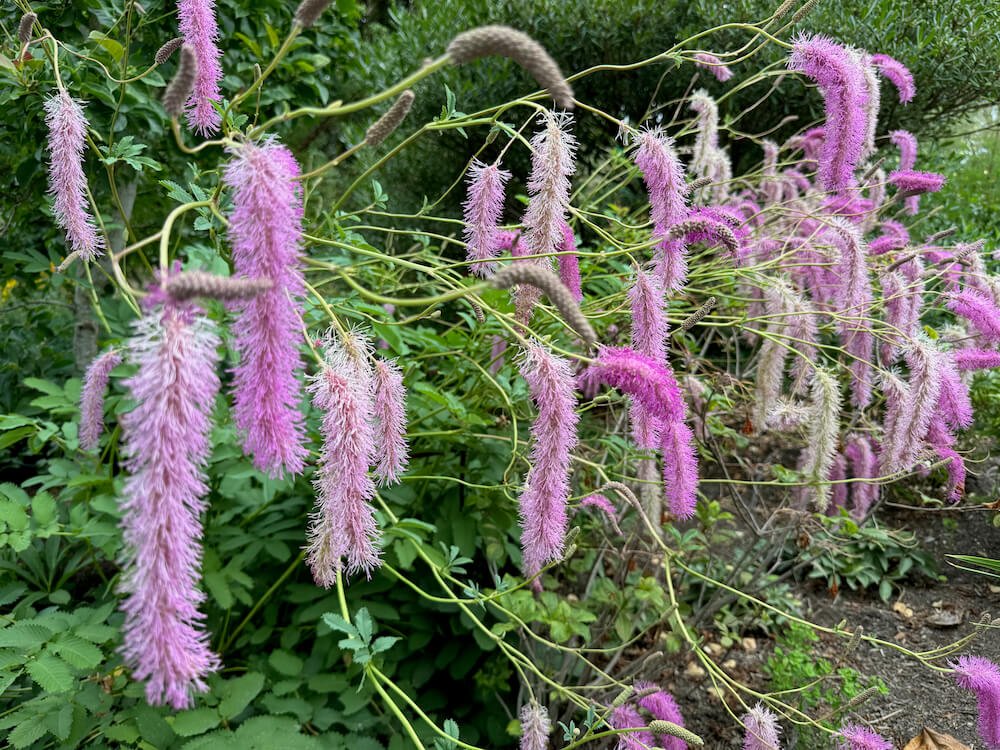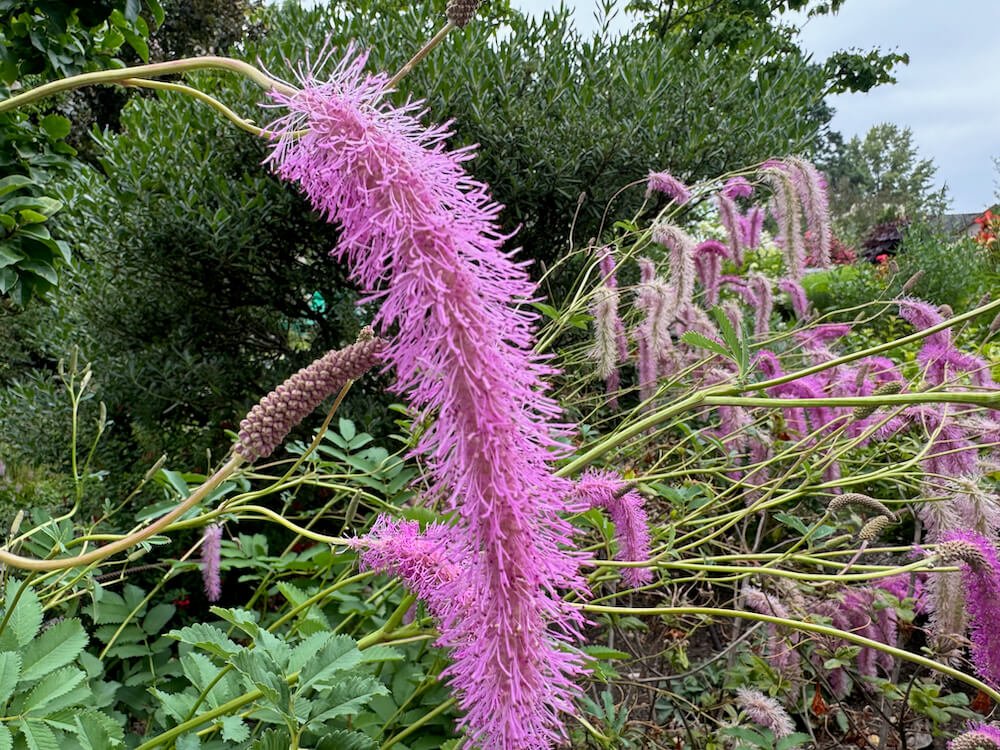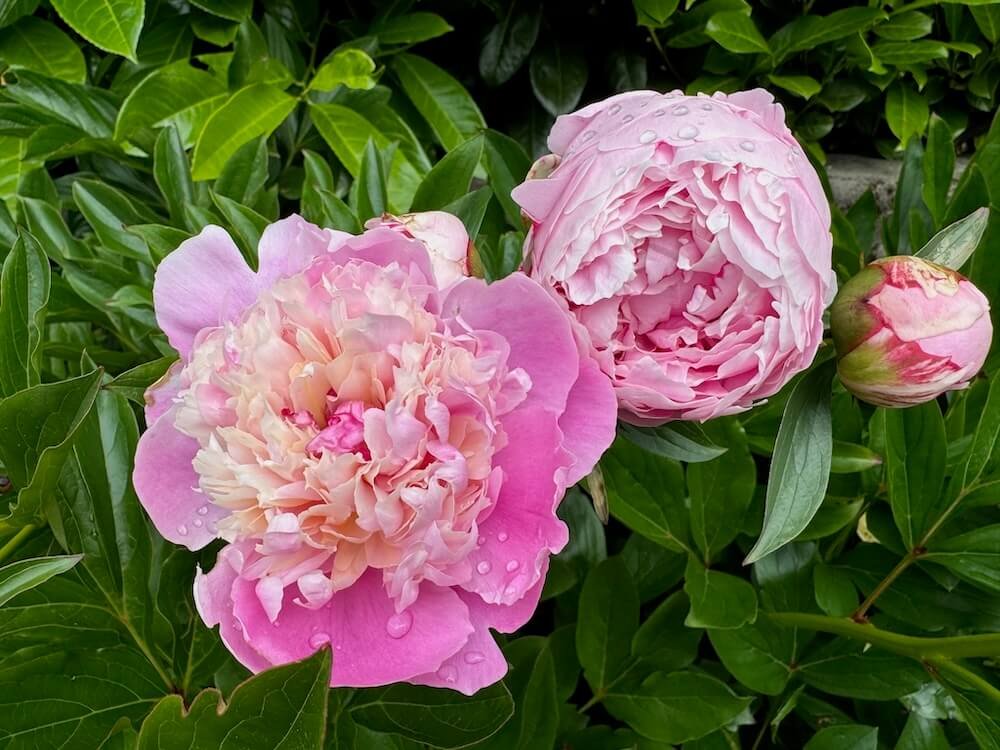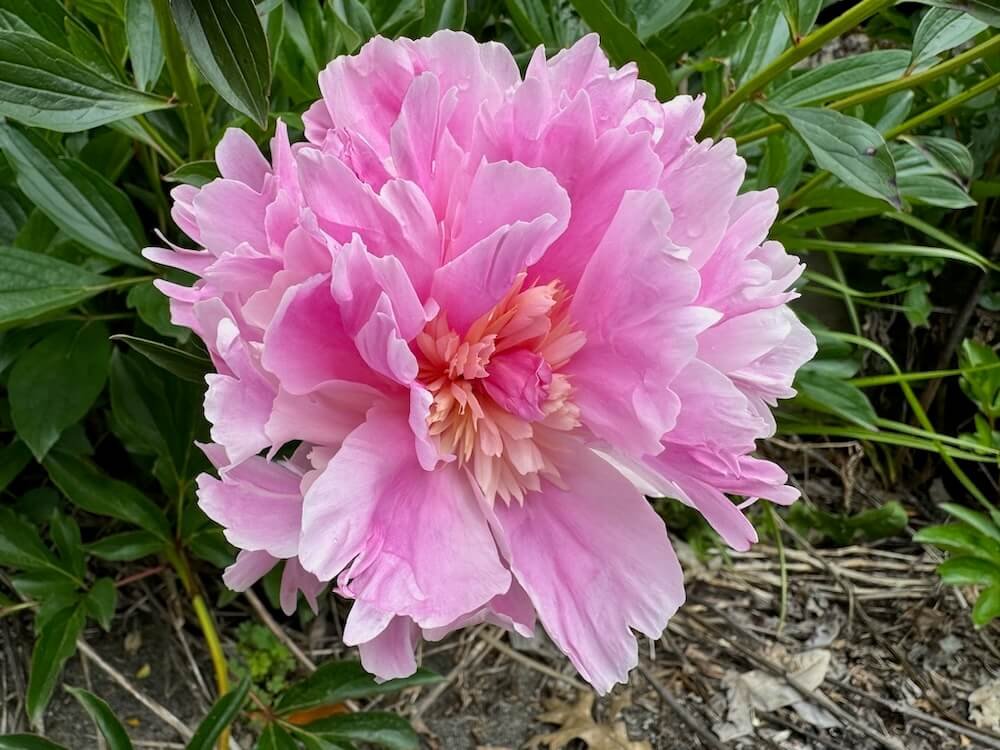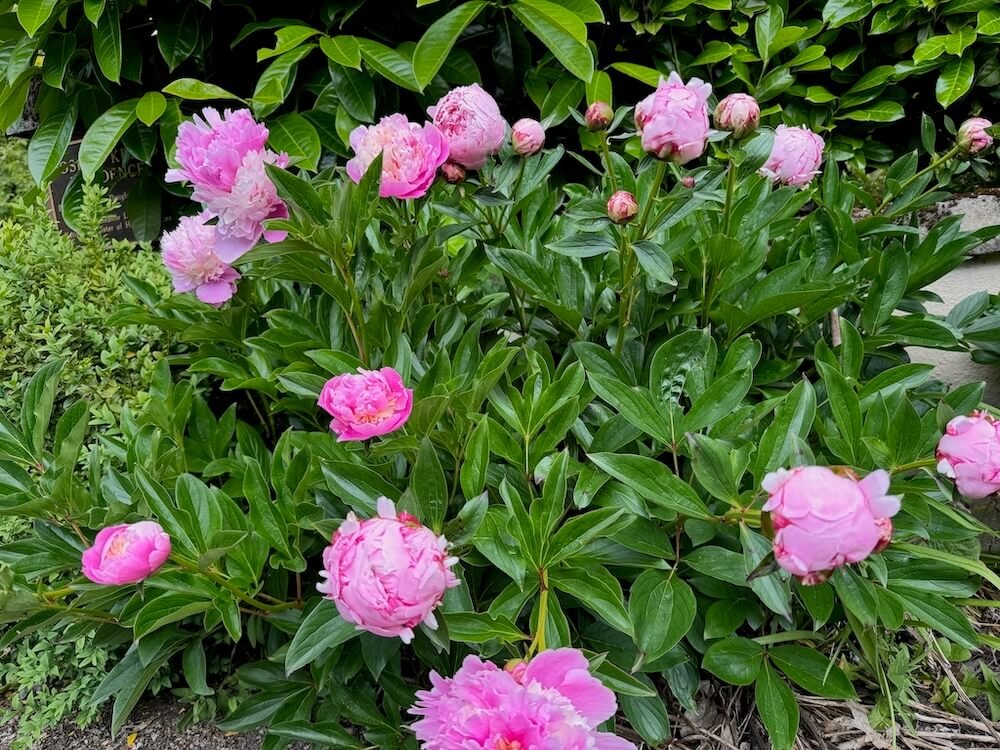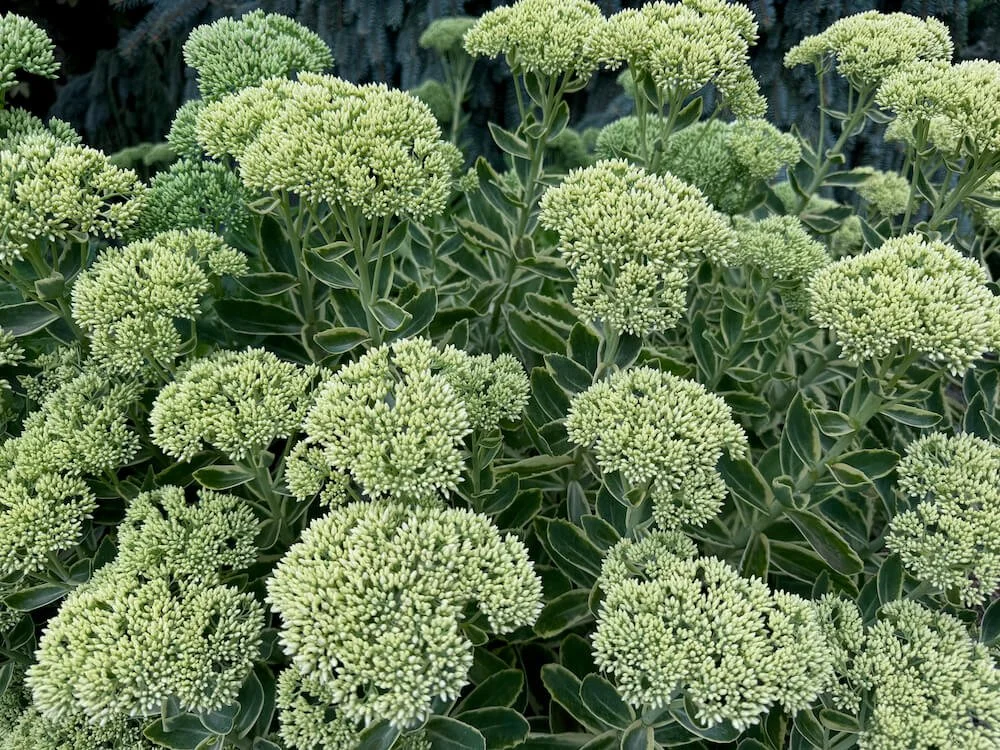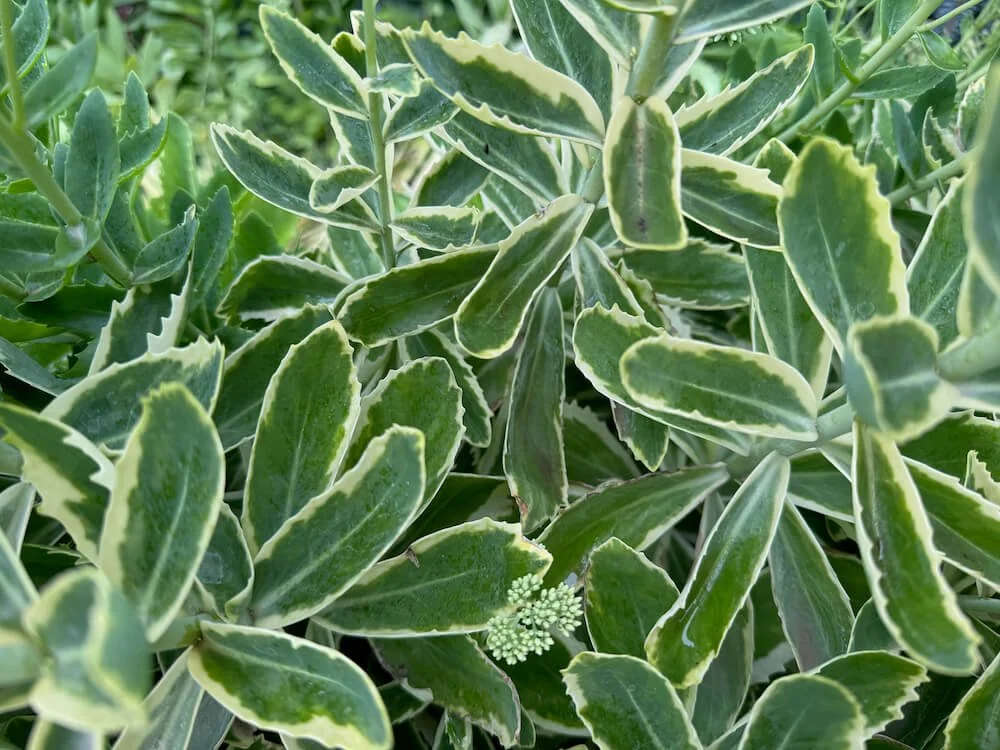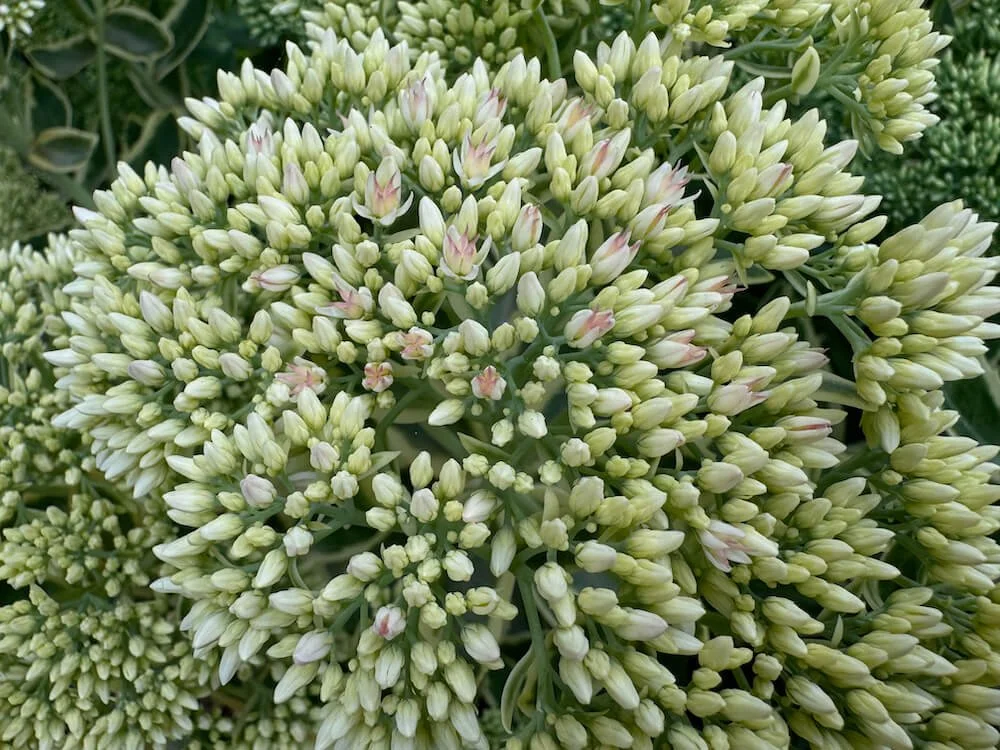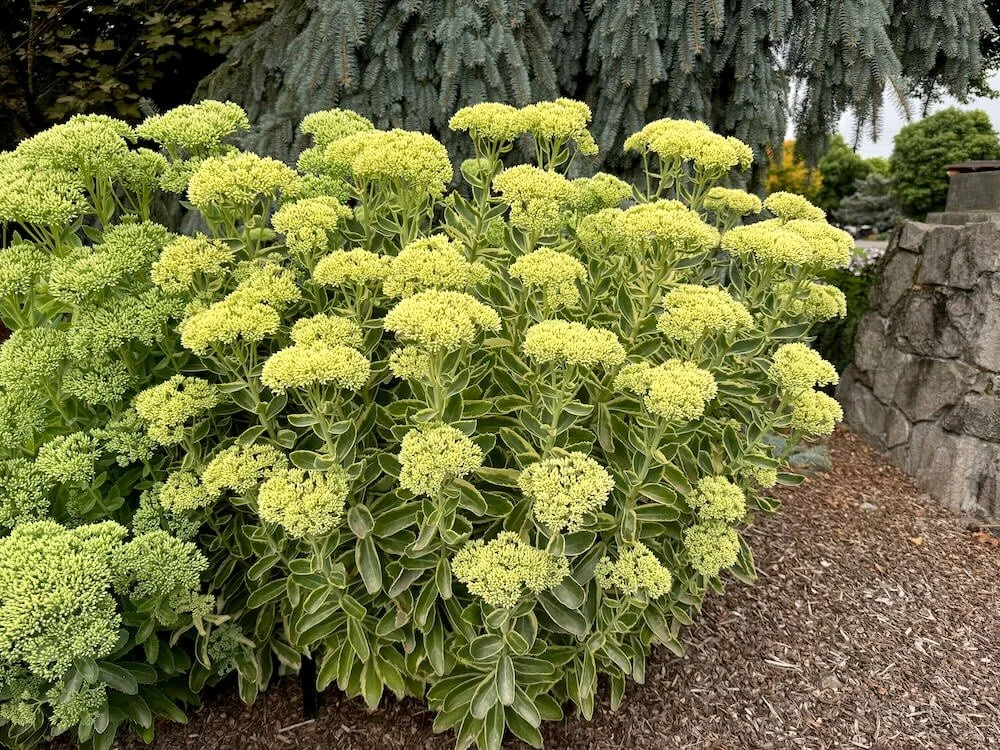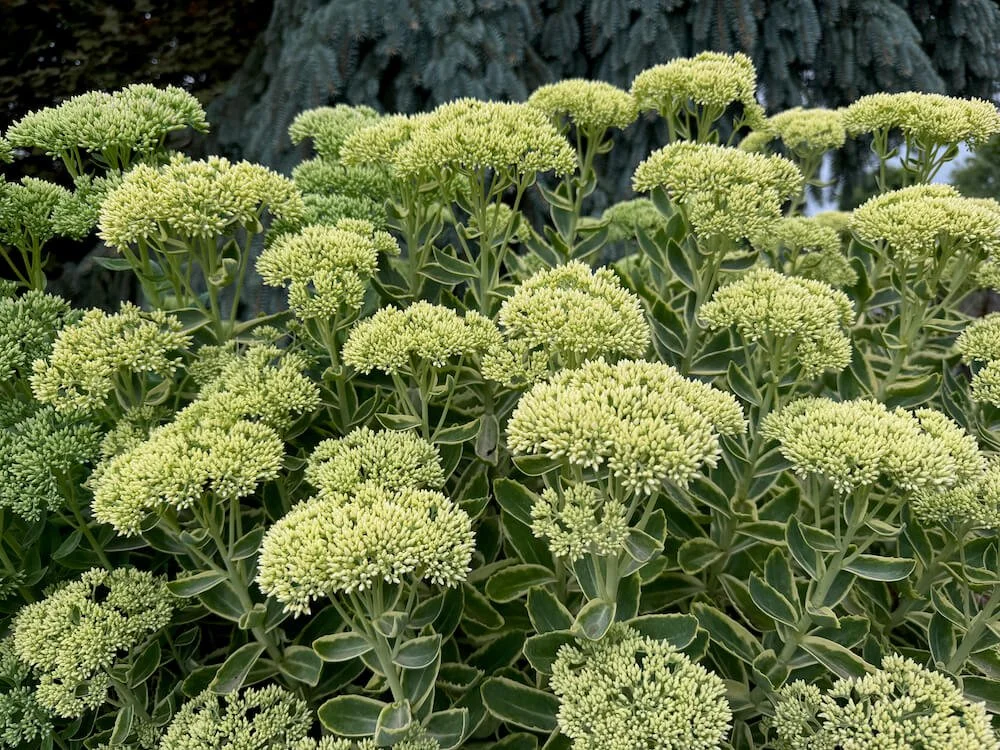DESCRIPTION
Astrantia major, commonly known as great masterwort, produces clusters of starry, pincushion-like flowers surrounded by a collar of petal-like bracts. Blooming from late spring through early summer, its blossoms range in color from soft white to pale pink, often with subtle green tinges. These intricate flowers are complemented by deeply lobed, mid-green foliage that provides an elegant backdrop.
Native to Europe, Astrantia major thrives in meadows, woodland edges, and mountain regions, where it has been admired for centuries. Its long-lasting blooms and unique form have made it a cherished addition to gardens, especially in naturalistic and cottage-style plantings.
DESCRIPTION
Astrantia major, commonly known as great masterwort, produces clusters of starry, pincushion-like flowers surrounded by a collar of petal-like bracts. Blooming from late spring through early summer, its blossoms range in color from soft white to pale pink, often with subtle green tinges. These intricate flowers are complemented by deeply lobed, mid-green foliage that provides an elegant backdrop.
Native to Europe, Astrantia major thrives in meadows, woodland edges, and mountain regions, where it has been admired for centuries. Its long-lasting blooms and unique form have made it a cherished addition to gardens, especially in naturalistic and cottage-style plantings.

